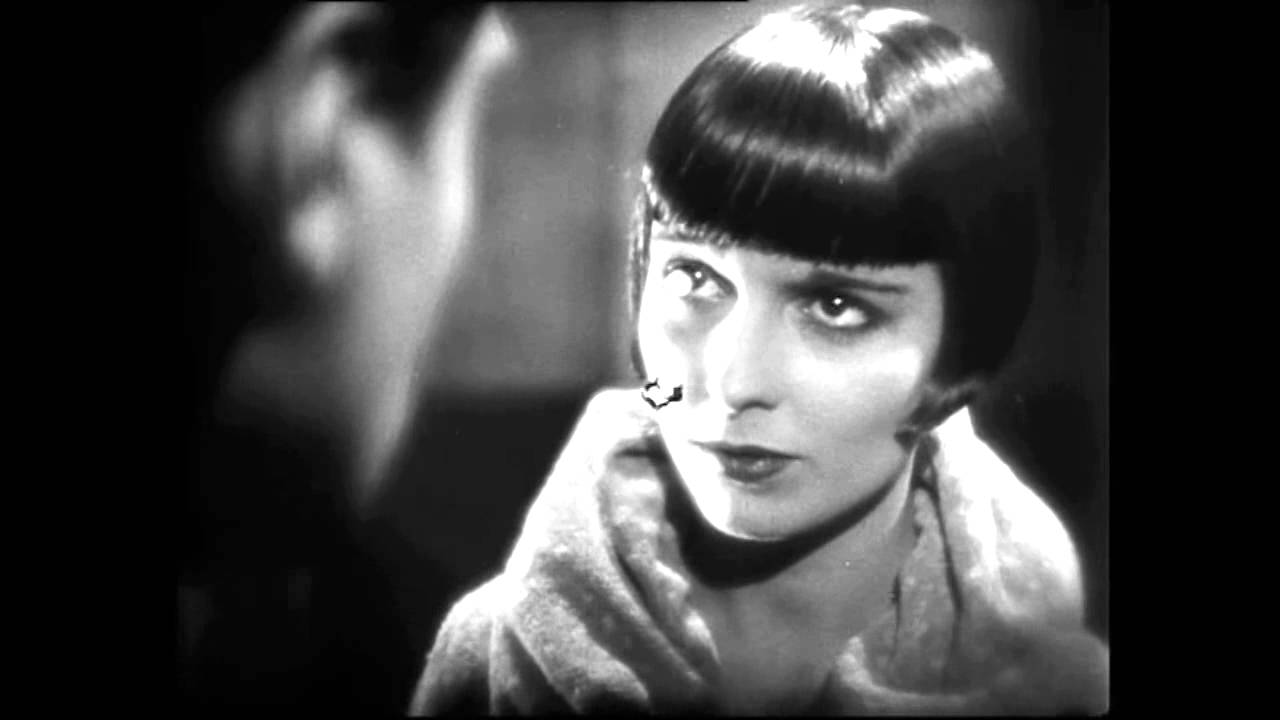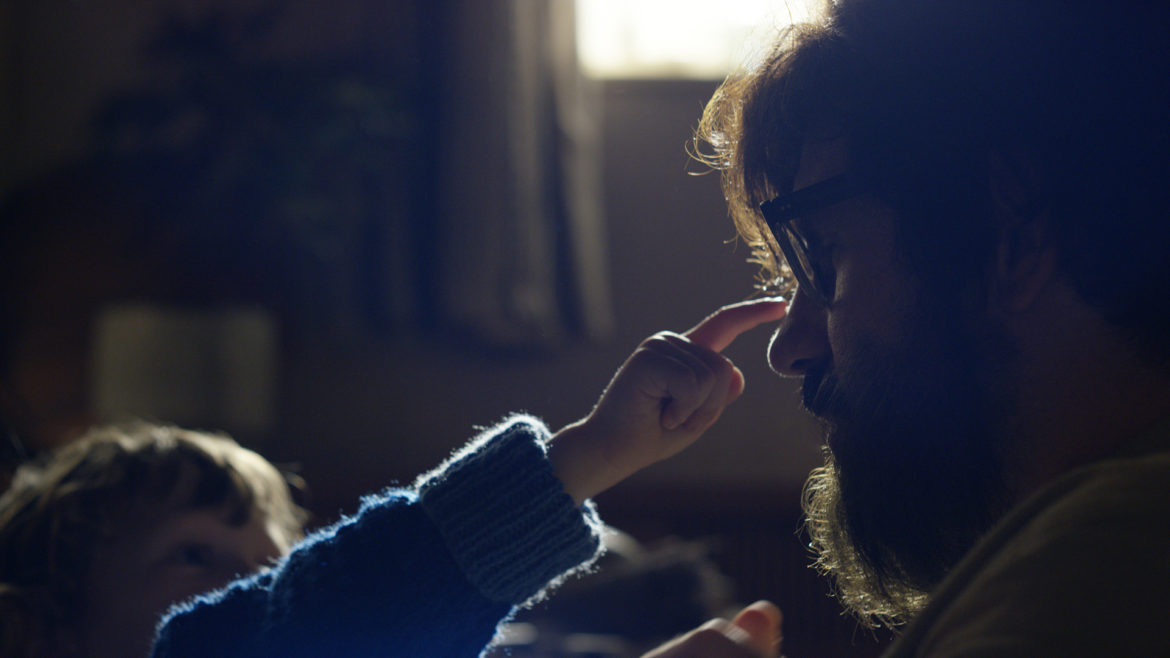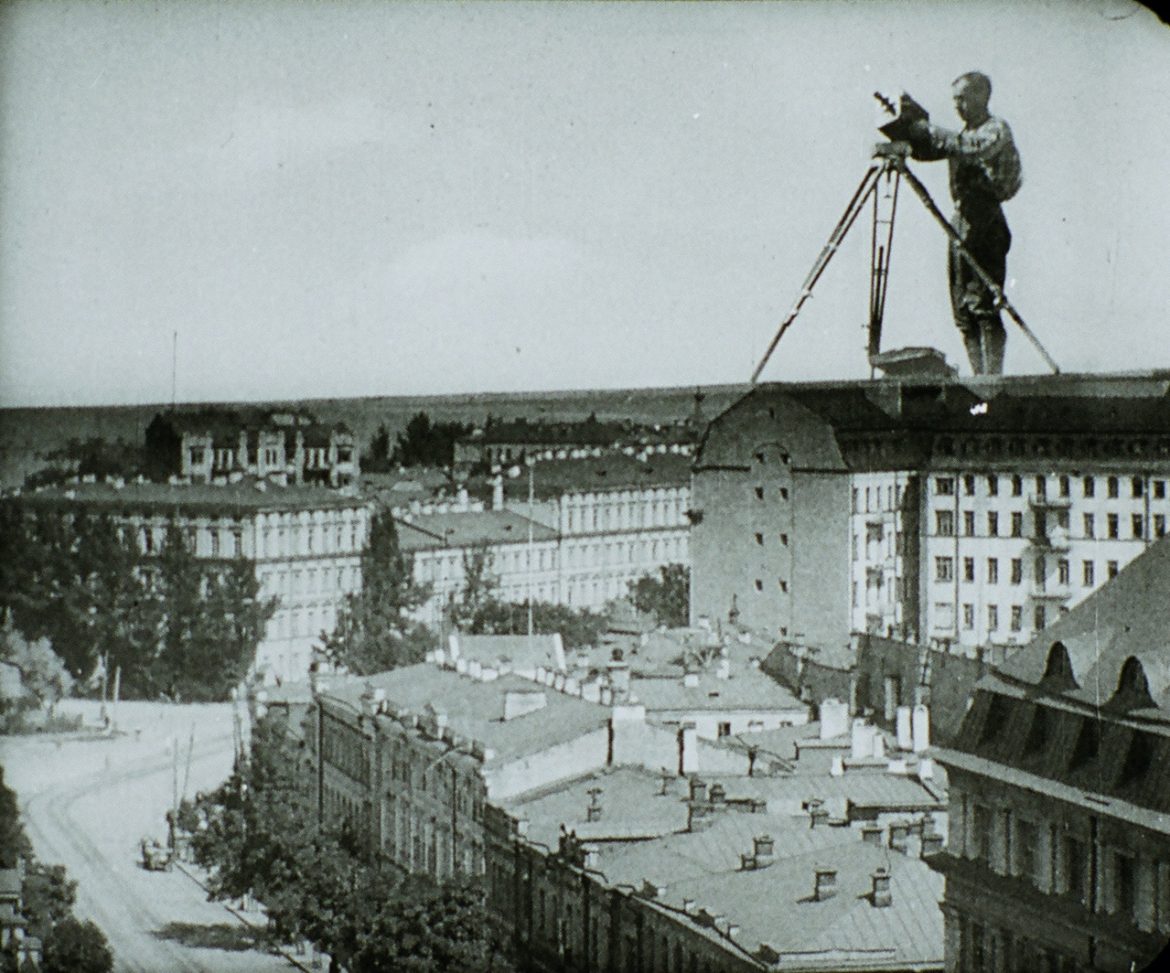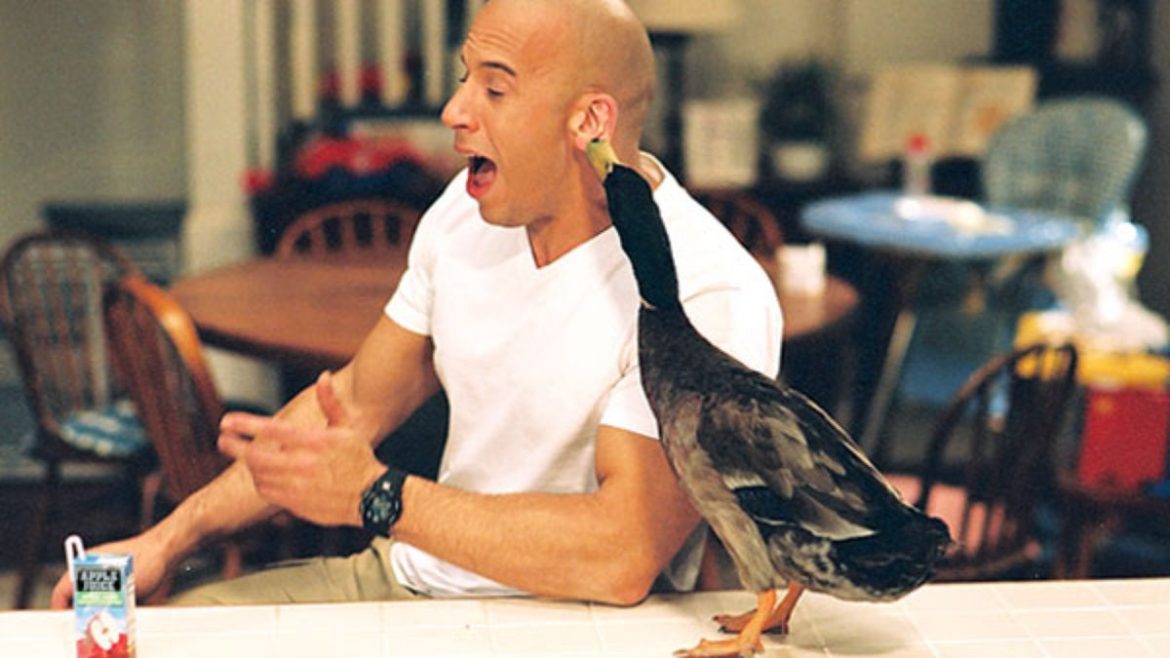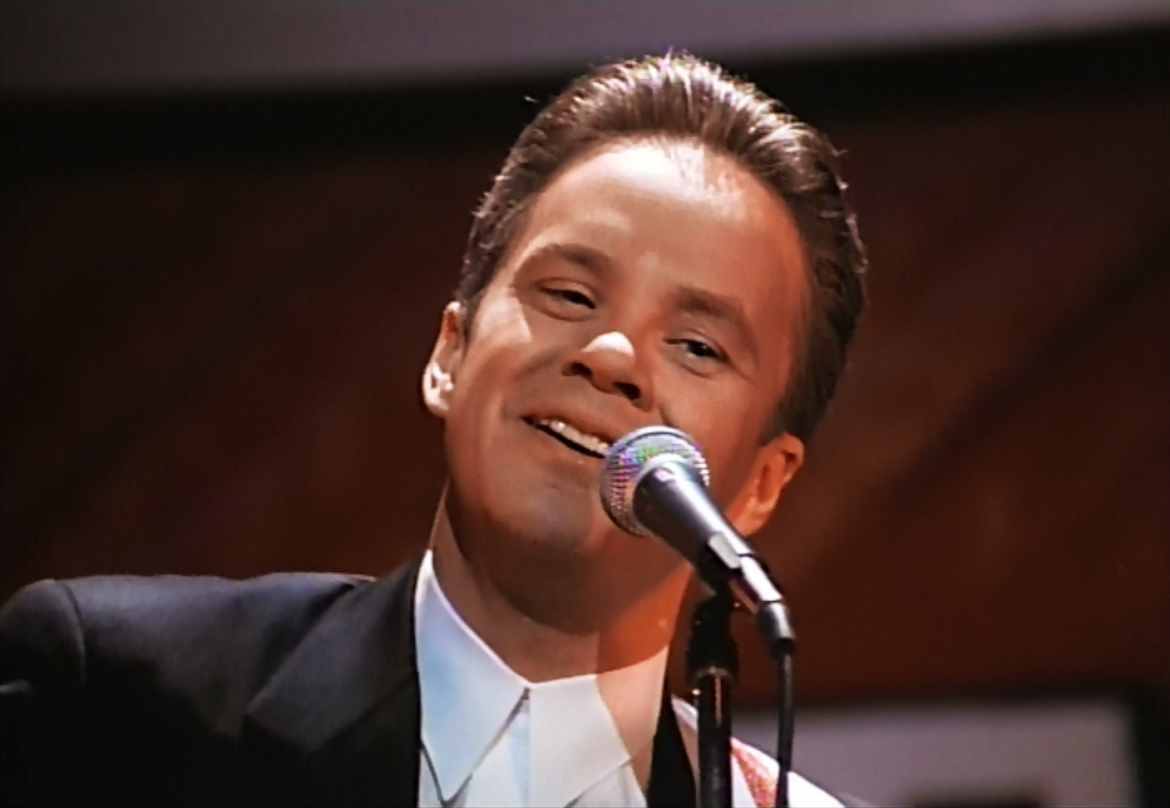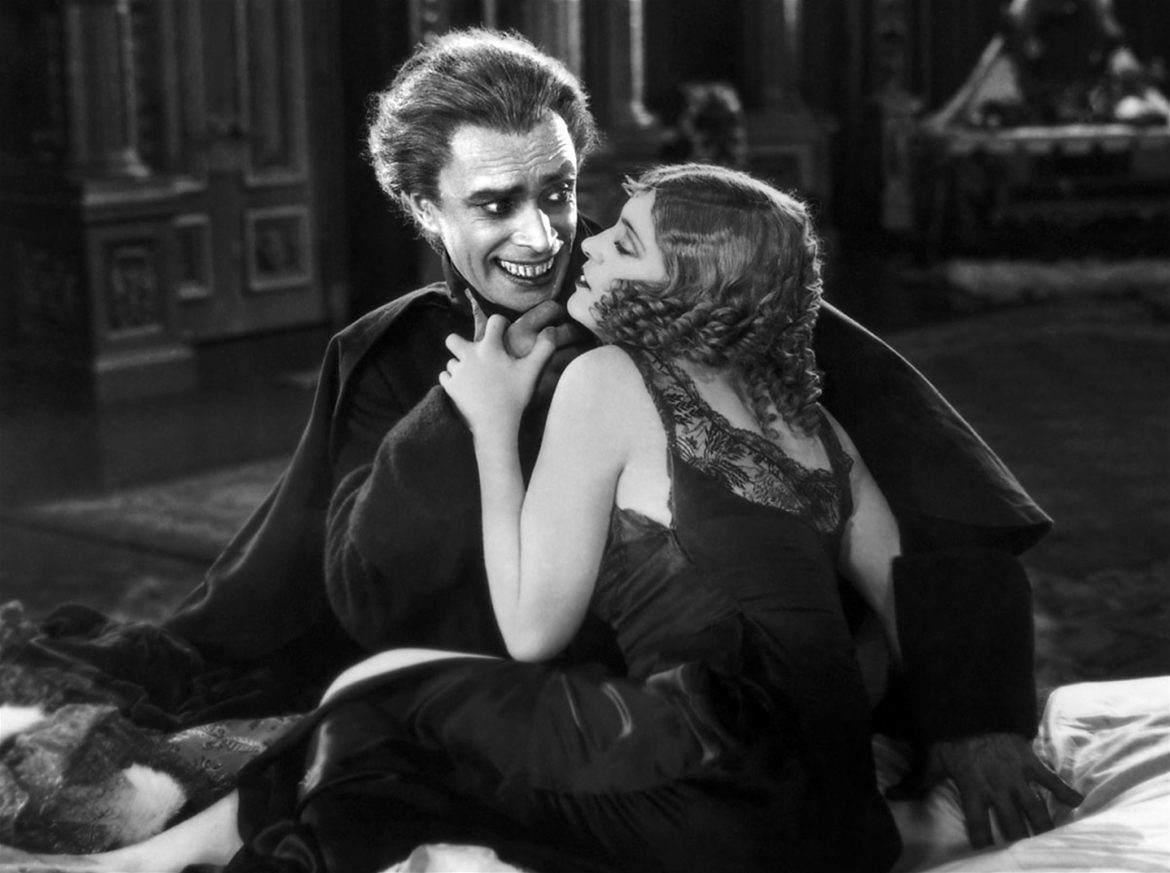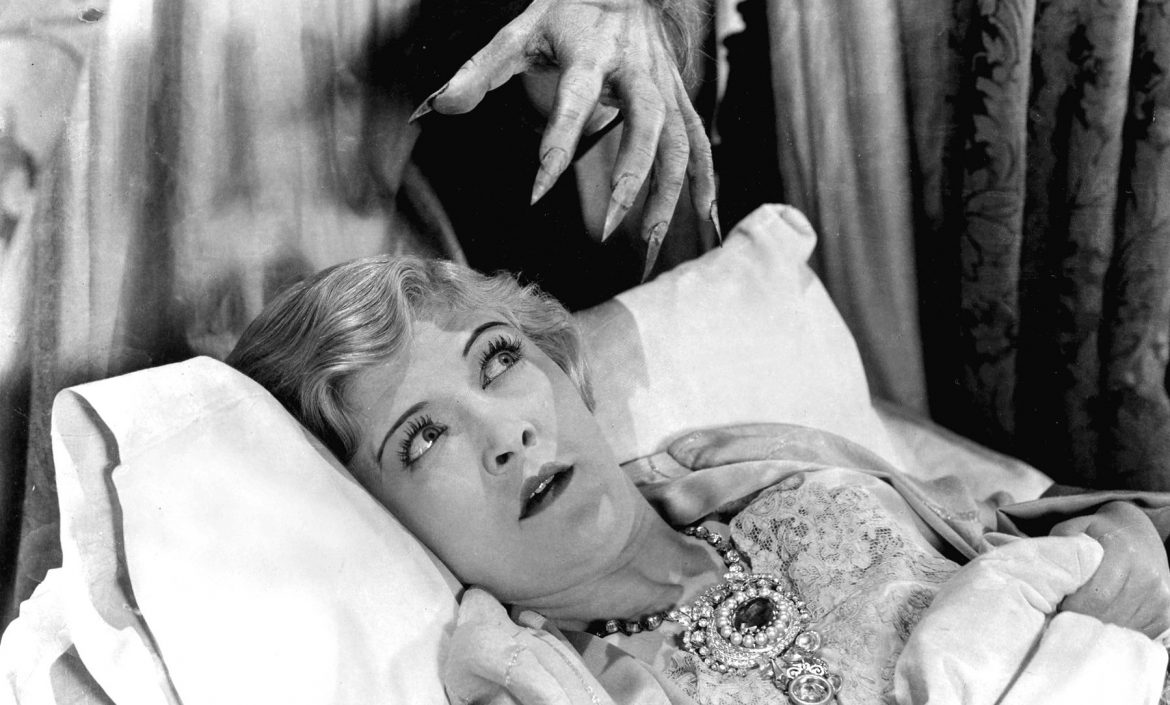It is impossible to talk about G.W. Pabst’s 1929 masterpiece Pandora’s Box without talking about Louise Brooks. Brooks’ innocent, irrepressibly pansexual Lulu isn’t merely the heart of the film but the film itself. The story itself dates back much further, and Pabst is one of the great Weimar directors, but Brooks’ image — both the public’s perception of her at the time and the literal image of her face — animates everything about it, then and since.
November 2016
Peter Middleton and James Spinney began with a relatively modest, if challenging, objective: to render cinematic the blind experience of snowfall. Years later, the result is their remarkable film Notes on Blindness, which premiered at Sundance and screened at festivals across the country (including SFIFF, where I was fortunate enough to catch it), picking up awards and accolades along the way.
Aaron and Pete, the good folks at the We Love To Watch podcast, once included me in their complicated love-fest for Predator 2. Like a couple of Danny Glovers, trying to give Bill Paxton the benefit of the doubt, they invited me back on to discuss Robin Hood: Prince of Thieves for their 90’s nostalgia month.
Awaara, Raj Kapoor, and early Bollywood
A stern judge, obsessed with questions of lineage and social order, casts out his pregnant wife for supposed infidelity. A fatherless child born to the slums falls in love with a girl impossibly out of his league, only to meet her again under much different circumstances as an adult.
It’s relatively rare for a film to begin with a mission statement, but Man With A Movie Camera — Dziga Vertov’s 1929 Constructivist ode to man, machine, and revolution — is not an ordinary film.
Before Vertov presents a dizzying, self-reflexive montage of a day in the life of post-Revolutionary Russia, he informs the viewer:
THIS FILM PRESENTS AN EXPERIMENT IN THE CINEMATIC COMMUNICATION OF VISIBLE EVENTS
WITHOUT THE AID OF INTERTITLES
WITHOUT THE AID OF A SCENARIO
WITHOUT THE AID OF THEATER
THE EXPERIMENTAL WORK AIMS AT CREATING A TRULY INTERNATIONAL ABSOLUTE LANGUAGE OF CINEMA BASED ON ITS TOTAL SEPARATION FROM THE LANGUAGE OF THEATER AND LITERATURE.
Ivan Reitman’s Kindergarten Cop – the 1990 comedy in which a kid-hating Arnold Schwarzenegger goes undercover as a teacher in order to catch a drug dealer, but ends up learning a thing or two himself – is a touchstone for many childhoods.
Is 5 days before the blessed end to one of the objectively grossest, most cynical elections in American history the best time to revisit Tim Robbins’ equally cynical 1992 satire Bob Roberts? As it’s new to streaming this week, Netflix apparently thinks so.
The stories of Victor Hugo provided a wealth of material throughout the Silent Era, a source of inspiration that cinema would return to again and again. By the time Universal coaxed German Expressionist master Paul Leni to Hollywood to helm The Man Who Laughs in 1928, a full 53 separate treatments of Hugo had already been released in the previous 23 years.

